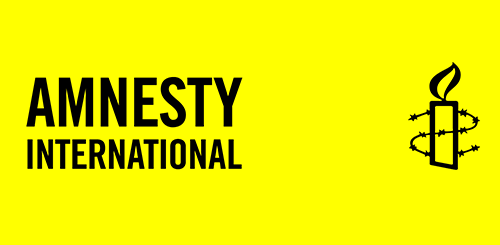Yemen’s Huthi armed group must reveal the fate and whereabouts of an activist abducted by two of its militants in apparent retaliation for his human rights work, Amnesty International said.
Kamal al-Shawish, a field research assistant with Mwatana Organization for Human Rights in the city of Hodeidah, was seized on the street by two Huthi armed men on Tuesday. He was blindfolded and taken to an unknown location. His whereabouts remain unknown.
The activist had documented human rights violations against civilians in Hodeidah prior to his arrest.
“The worrying abduction of Kamal al-Shawish seems to be part of a sinister pattern of harassment and repression of human rights work in Yemen, committed by all sides to the conflict,” said Lynn Maalouf, Amnesty International’s Deputy Director for Research for the Middle East and North Africa.
“The Huthi armed group must reveal his fate and whereabouts and ensure he is protected from the kind of torture and ill-treatment that has been inflicted on others in its custody. Kamal al-Shawish should be released immediately.”
Throughout the conflict in Yemen, human rights defenders and journalists have been harassed, threatened, beaten, arbitrarily detained and forcibly disappeared in both government and Huthi-controlled territory.
Mwatana has been particularly targeted, with the organization’s Executive Director Abdulrahseed al-Faqih and Chairperson Radhya al-Mutawakel both briefly detained in June.
They were given no reasons for their arrest, but were told by the detaining Yemeni government security forces that they were not permitted to travel and were being arrested at the behest of the Saudi and United Arab Emirates (UAE)-led Coalition.
Abdulrahseed al-Faqih has been previously detained and harassed for his human rights work on several other occasions.
Mwatana has provided invaluable reporting, without bias or political agenda and about all parties to the conflict, on extrajudicial killings, arbitrary detention, women’s rights, enforced disappearances and other crimes under international law.
“Without Mwatana’s work, information about the effects and dynamics of many of the issues in Yemen would be unknown to the international community, making it substantially harder for the world to understand and respond to one of the most under-reported armed conflicts in the world today,” said Lynn Maalouf.
“Huthi and government forces in Yemen must end their harassment and intimidation of human rights defenders who are simply exercising their right to freedom of expression by trying to report on what is going on in the country.”
****************************************
For more information or to arrange an interview please contact: Elizabeth Berton-Hunter, Media Relations 416-363-9933 ext 332 bberton-hunter@amnesty.ca






















